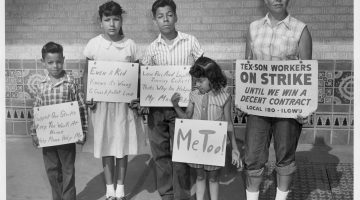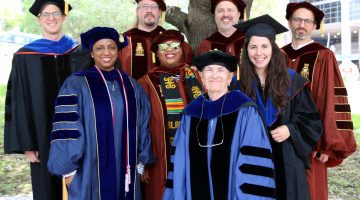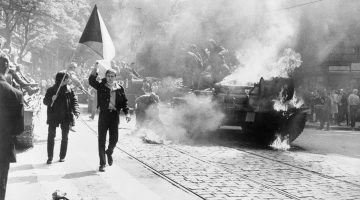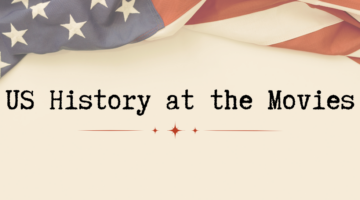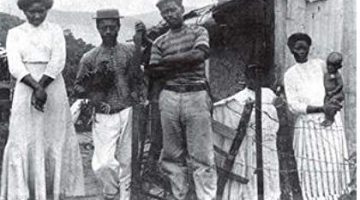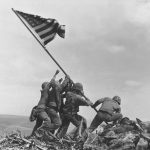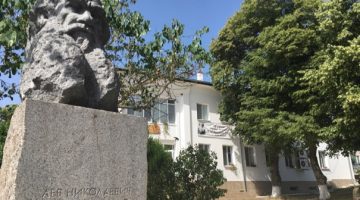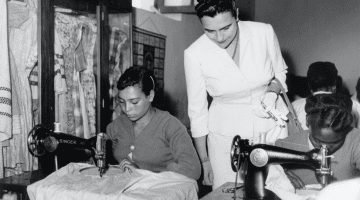
by Samantha Farmer In July 1956, Gamel Nasser of Egypt (then the United Arab Republic), Jawaharlal Nehru of India, and Josip Broz Tito of Yugoslavia met in the Croatian coastal city of Pula to reaffirm the Bandung Principles, a platform for decolonization established the previous year in Indonesia. [1] In doing so, Tito formally threw […]

